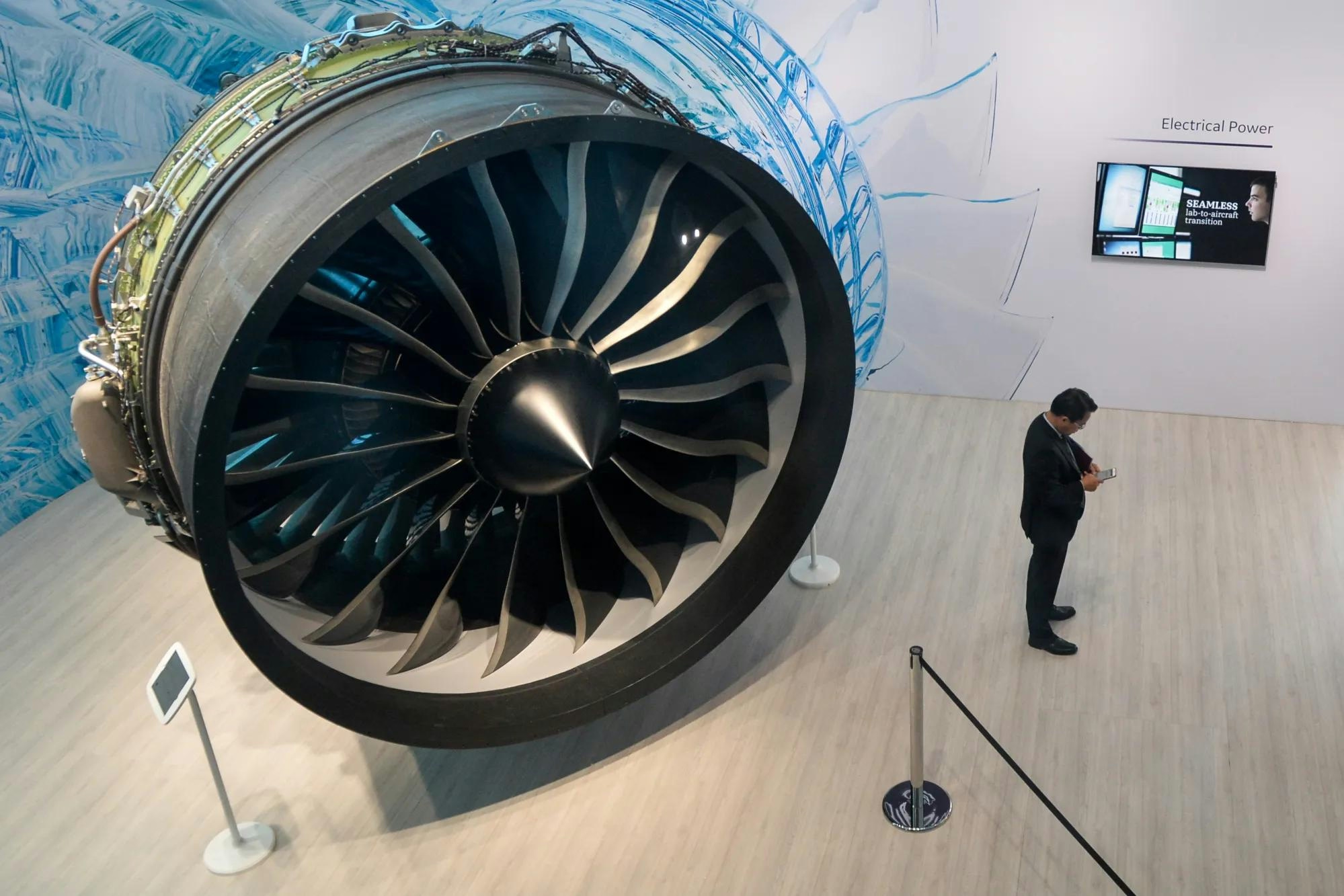AeroGenie — Your Intelligent Copilot.
Trending
Categories
US to Lift Engine Export Restrictions to Chinese Aircraft Maker COMAC

US to Lift Engine Export Restrictions on Chinese Aircraft Maker COMAC
The United States government has announced the removal of export restrictions on General Electric (GE) engines destined for the Chinese aircraft manufacturer COMAC. This policy reversal, reported by Reuters, signals a possible easing of trade tensions between Washington and Beijing. The decision permits GE Aerospace to resume shipments of CF34 engines for the C909 and CFM International LEAP-1C engines for the C919, COMAC’s flagship narrow-body jet.
Background and Implications for the Aerospace Industry
The export embargo was originally imposed as a retaliatory measure following China’s restrictions on rare earth material exports, effectively halting the delivery of critical engine components to COMAC. Lifting the ban is expected to benefit GE Aerospace by allowing it to regain access to a significant segment of the Chinese aviation market. However, this development may also provoke competitive responses from established aerospace giants such as Airbus and Boeing, who are likely to intensify efforts to counter COMAC’s expanding international footprint.
Market reactions to this policy shift will be influenced by broader economic factors, including ongoing trade negotiations between the US and China and the potential ramifications for global aerospace supply chains. While the move could enhance commercial ties, it also raises important questions about the future competitive landscape of the global aviation sector.
Industry Context and Future Prospects
Neither COMAC nor General Electric has officially confirmed the resumption of engine deliveries, and both declined to comment when approached by ch-aviation. CFM International, the manufacturer of both the CF34 and LEAP-1C engines, is a joint venture equally owned by GE of the United States and France’s Safran Aircraft Engines. Headquartered in Cincinnati, Ohio, CFM produces engines in facilities located in both the US and France.
Although COMAC assembles its C909 and C919 aircraft domestically in China, many critical components, including engines, continue to be sourced from American and European suppliers. Concurrently, China’s state-owned Aero Engine Corporation is developing the CJ-1000A, a domestically produced engine expected to serve as an alternative powerplant for the C919 in the future.
The US decision to lift export restrictions represents a significant milestone in the evolving global aerospace industry, with far-reaching implications for competition, supply chain dynamics, and the broader trajectory of US-China trade relations.

Emirates Unveils Cabin Design for New Boeing 777X

Eighteen Years On, the Airbus A380 Remains Central to a $34 Billion Airline

How a boom in luxury airline seats is slowing down jet deliveries

Navitaire Outage Attributed to Planned Maintenance

DigiYatra Debuts Outside Aviation at India AI Impact Summit

Vietnam Orders Strengthen Boeing’s Commercial Outlook

Airbus Signals Uncertainty Over Future A400M Orders

JobsOhio Awards $2 Million Grant to Hartzell Propeller for Innovation Center

Collins Aerospace Tests Sidekick Autonomy Software on YFQ-42A for U.S. Air Force CCA Program

How the Airbus A350-1000 Compares to the Boeing 777
